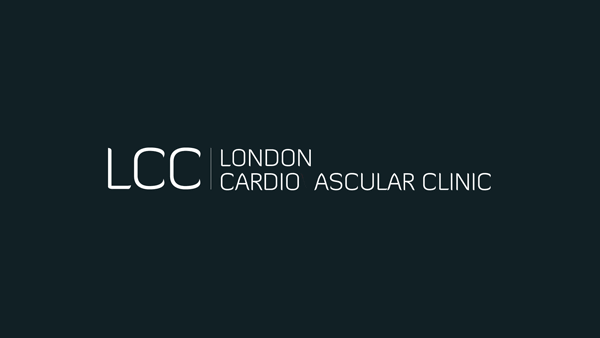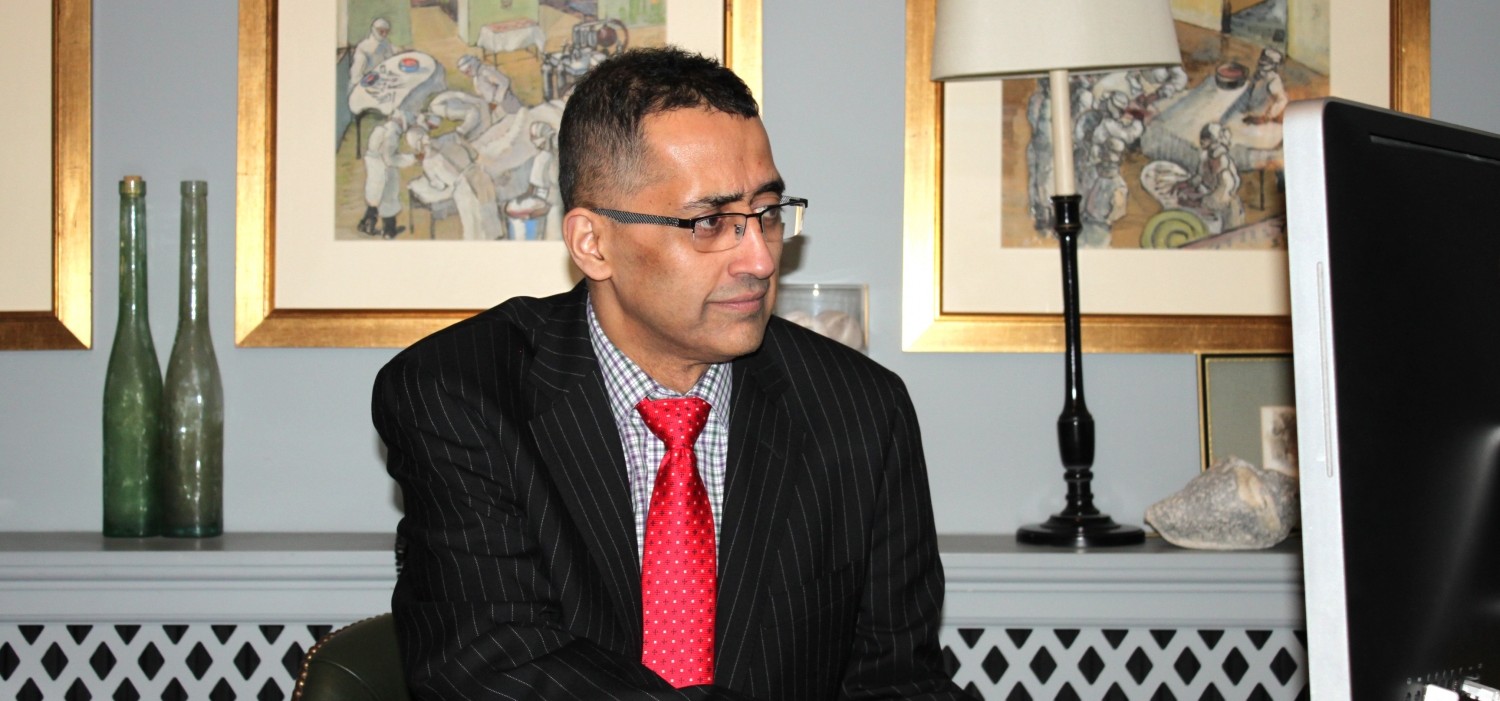Dr Iqbal Malik is a leading London specialist in Aortic Valve Replacement Surgery
Overview
If you have a narrowed or leaky aortic valve, you may get angina, breathlessness or blackouts.
If you have symptoms, then aortic valve replacement is the standard treatment. This is an open surgery procedure, involving 1 week in hospital and 6-8 weeks recovery. There are several different valves available. The choice of valve depends on your age and other conditions that you have. You will need through investigation prior to surgery. You may well need warfarin therapy after the procedure if you have a metal valve.
Do I need Aortic Valve Surgery?
A valve may become narrowed or leaky which may restrict blood flow or allow blood to flow in both directions. In order to ensure the blood circulates, the heart then has to work much harder. This can cause shortness of breath, weakness or tiredness. An echocardiogram is usually the investigation of choice when considering valve replacement.
What is involved and what are the risks?
The consent of patients is always sought before any treatment is performed – it is your choice whether to agree to a surgical procedure. The operation lasts a minimum of four hours during which, under anaesthetic, the chest will be opened and the aortic valve will be replaced. The valves used for this surgery are obtained from either pig hearts (porcine), cow hearts (bovine) or are mechanical (man-made). Sometimes the surgeon can only make the decision about which valve to use once the surgery has started and the inside of the heart can be seen.
Following surgery, patients are closely monitored. Generally, you will awake shortly after surgery and can expect to sit up in bed the night of surgery – sipping fluids. You can move out of bed to a chair or even take short walks the next day with the physiotherapist.
If you’re considered too high risk for conventional aortic surgery, you might be suitable for Transcatheter Aortic Valve Intervention (TAVI).



